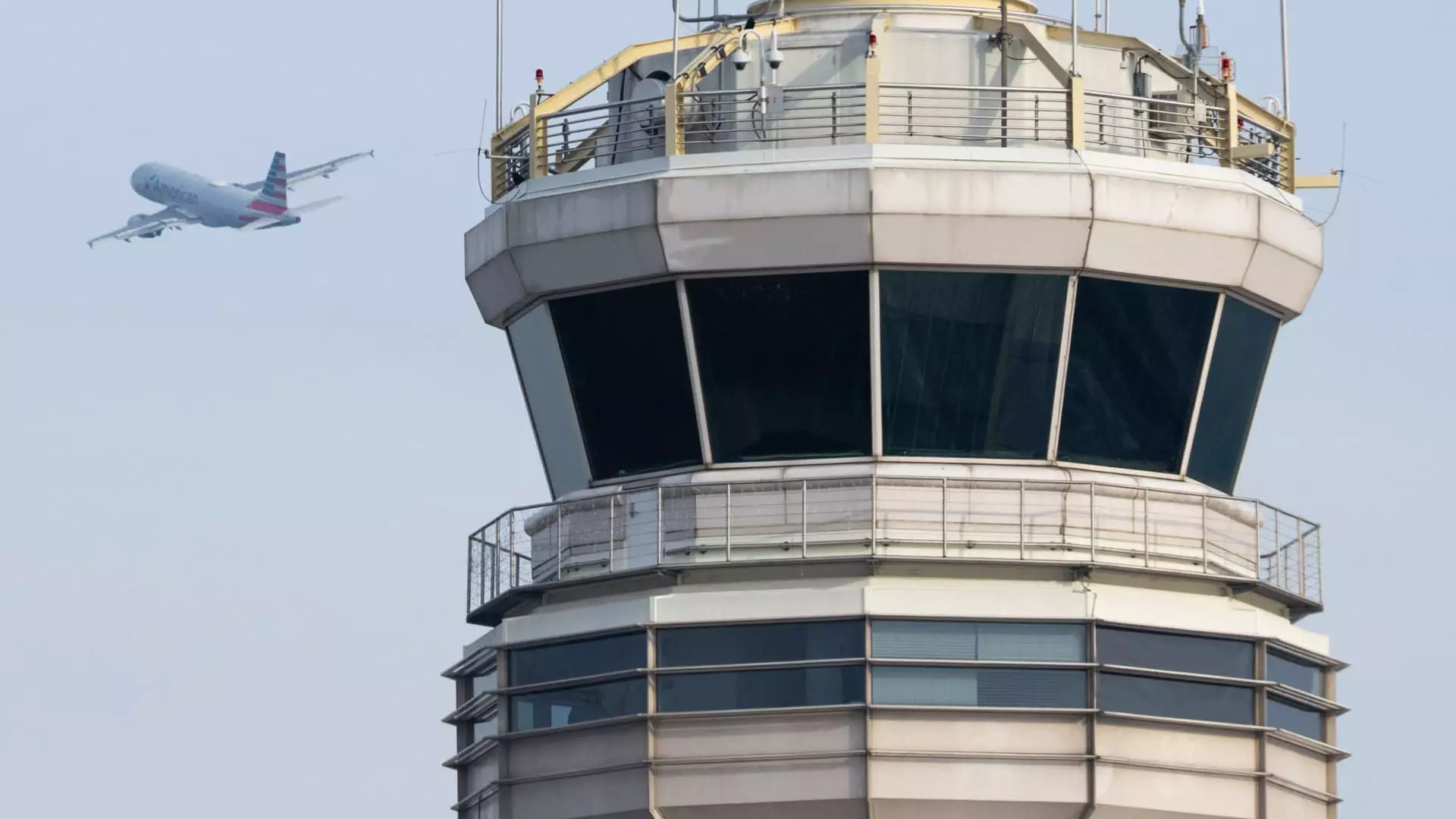The Federal Aviation Administration (FAA) has announced that it will be implementing changes to increase the required amount of rest time for air traffic controllers in response to concerns over fatigue due to a staffing shortage. These changes will require controllers to have a minimum of 10 hours of rest between shifts, up from the previous nine hours, and 12 hours of rest before an overnight shift.
FAA Administrator Mike Whitaker stated that during his initial months leading the FAA, he visited air traffic control facilities across the country and received feedback regarding schedules that did not allow controllers to obtain adequate rest. Whitaker emphasized the importance of prioritizing the safety of controllers and national airspace, leading to the decision to increase rest time requirements. This move is a proactive step towards addressing concerns raised by air traffic controllers.
The FAA has been facing mounting pressure to enhance air travel safety following a series of close calls at airports, mechanical issues within airlines, and production challenges at Boeing. The shortage of air traffic controllers, exacerbated by a hiring freeze during the Covid-19 pandemic, has resulted in forced overtime and demanding schedules for staff within certain facilities. To combat this issue, the agency recruited 1,500 controllers last year and plans to hire an additional 1,800 this year.
It is important to note that air traffic controllers in the United States are obligated to retire at the age of 56. This age restriction is in place to ensure that controllers are able to perform their duties at an optimal level without compromising safety standards. By adhering to this retirement age requirement, the FAA aims to maintain a competent and reliable workforce within the air traffic control sector.
The FAA’s decision to increase rest time for air traffic controllers is a significant step towards addressing fatigue concerns and promoting overall safety within the aviation industry. By prioritizing the well-being of controllers, the FAA is demonstrating its commitment to ensuring the smooth and efficient operation of the national airspace. The implementation of these new rest time requirements will not only benefit air traffic controllers but also contribute to enhancing the safety and reliability of air travel for passengers and airline personnel alike.

